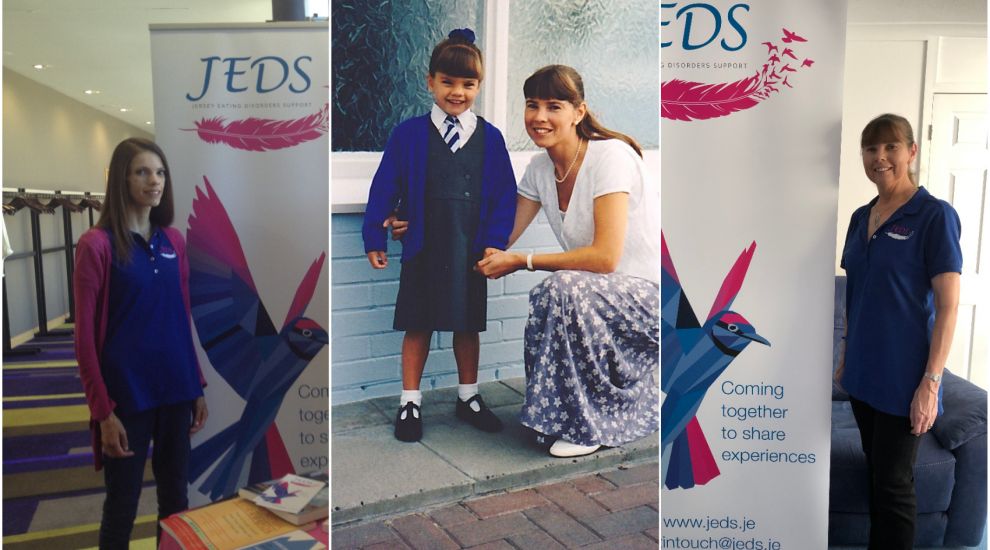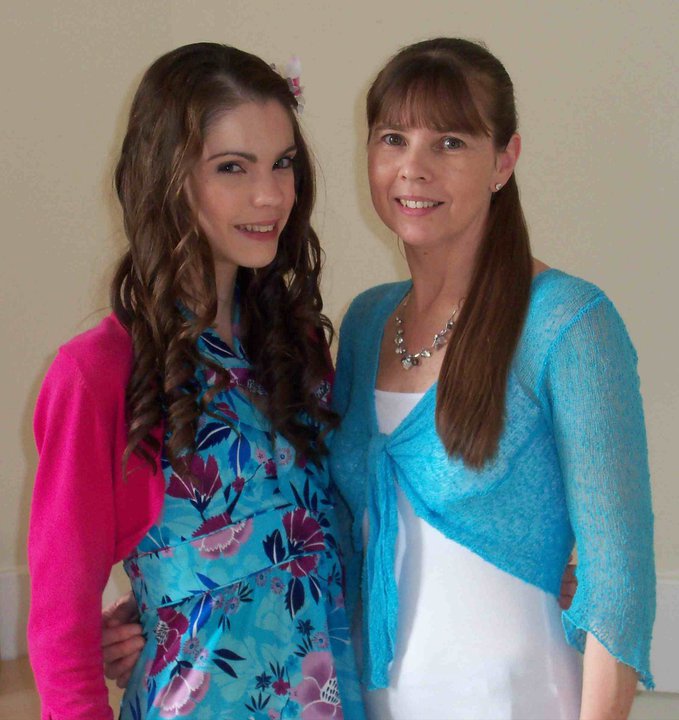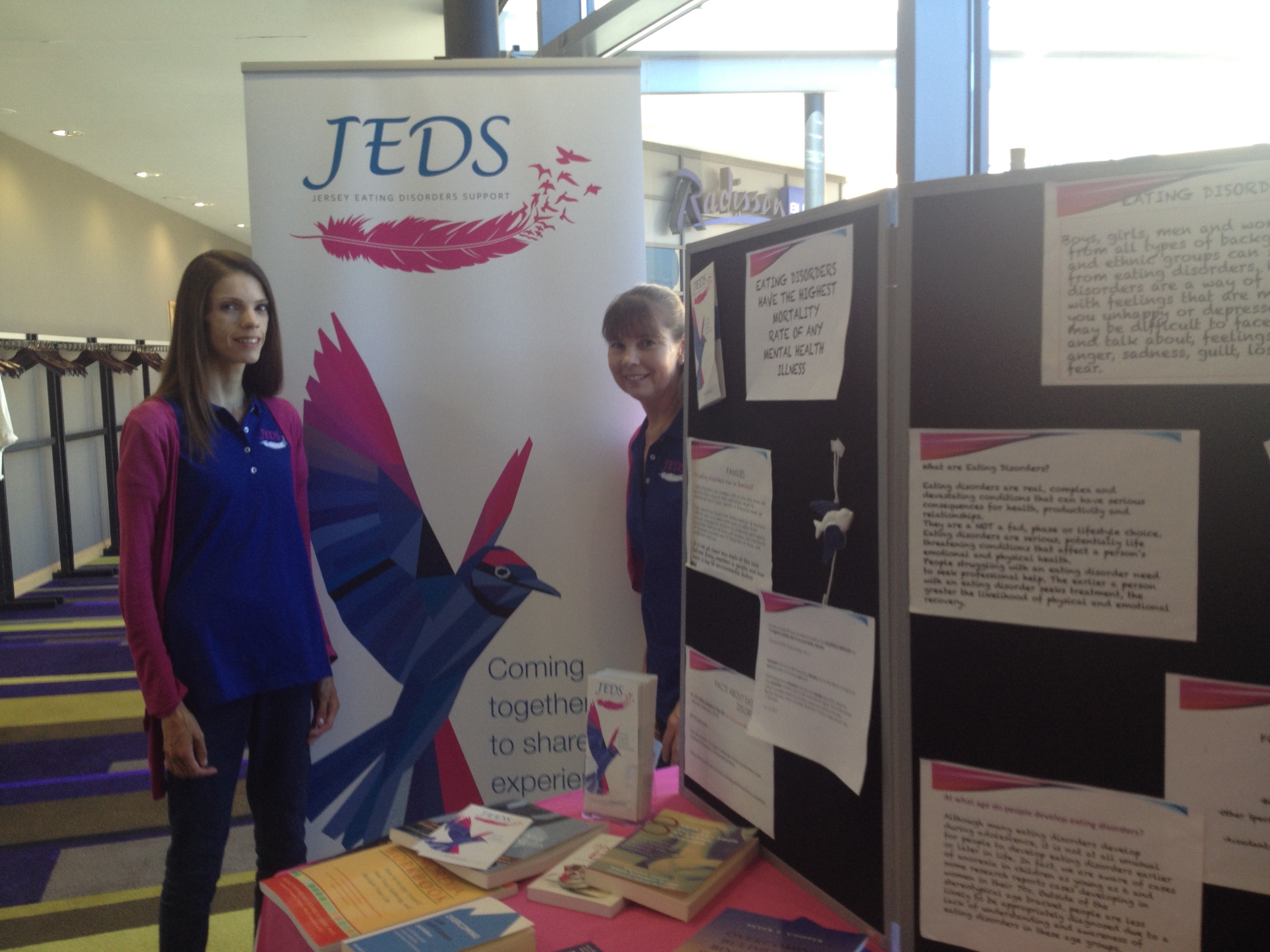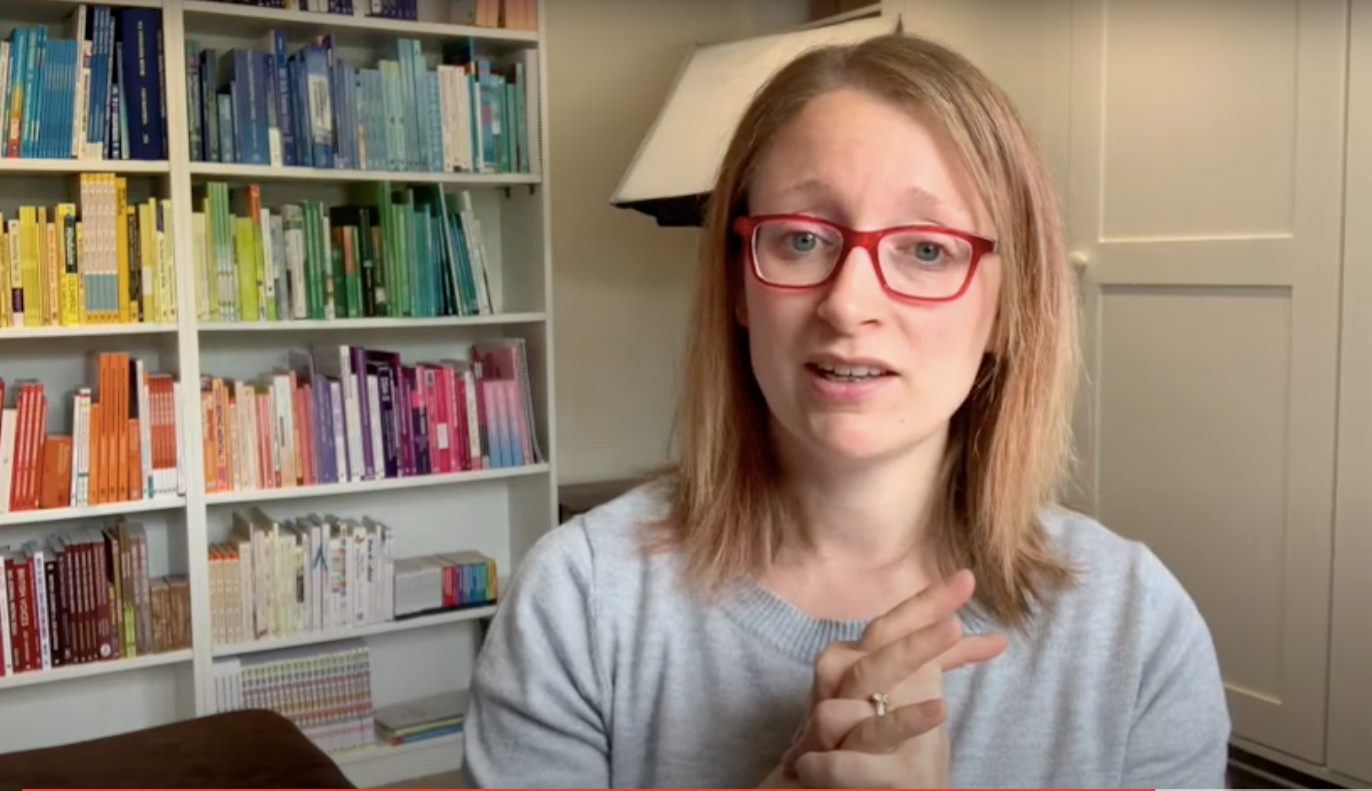


The mum and daughter duo behind a local eating disorder charity have reminded islanders "it can happen to anyone", as they opened up about the story behind their work and plans to help even more people.
Karen Dingle is chairperson of Jersey Eating Disorders Support (JEDS), which offers both group and individual counselling sessions to islanders living with the mental illness.
Her daughter, Amy, is a sufferer in recovery who works at JEDS as a peer support worker.
“Around the age of 17 or 18, I started having an unhealthy relationship with food,” Amy told Express. “There was no trigger, no event – I had a very healthy upbringing, did a lot of sport, was very active and loved food.
“I found I got pleasure out of restricting myself from something I enjoyed. It wasn’t to lose weight; it was delayed enjoyment. I was saving things to the future, I wouldn’t allow pleasure in the moment.”

Pictured: Amy said she first had symptoms of an eating disorder in her late teens.
As Amy ate less, her relationship with exercise became unhealthier too, telling herself that she could only eat once she had done a certain amount of exercise or task.
Amy continued by saying that even “the simplest, everyday tasks like choosing some bread” became an ordeal, over-analysing which type would be best to eat."
This lack of nutrition would then affect her other activities like “trying to have a conversation with someone and all you’re thinking about is what you’re having for dinner,” her brain unable to function fully without food.
Her condition worsened when she attended Loughborough University, with Amy eventually being admitted to an eating disorder treatment in Leicester. Throughout the following years, she would intermittently be in and out of clinics – though she did manage to finish a year of her university course with a distinction.
Pictured: JEDS has begun offering face-to-face meetings for members from this month.
She emphasised, however, that her own condition had nothing to do with body dysmorphia, which, contrary to public perception, is only one of many eating disorders, saying “you can have an eating disorder at any weight.”
She also issued a reminder that “it can happen to anyone: men, people in older life - I’ve met over 200 people with eating disorders, it can be anything.”
Now 28, Amy returned to Jersey around March last year and is now working at both the charity and as a peer-support worker at the Listening Lounge.
“I’m absolutely loving life – I’m still in recovery and I have a long way to go, but I definitely feel I’ve made some progress,” she explained.
A large part of the charity’s work is increasing understanding that eating disorders are not the parent or carer’s faults.
Karen remarked on how research has shown that eating disorders are often genetic, and that parents “can’t help their genes any more than the person who has it can.”
Amy also expressed her frustration that “parents do get blamed a lot, even by the professionals, and that just makes me sick because it isn’t the case at all.”

Pictured: Last year, Amy joined her Mum at the charity to work as a peer-support worker for others suffering with eating disorders.
Speaking about her Mum’s experience of her illness, Amy added: “She had to walk down the street with me looking like a skeleton, and people asking her, ‘Why aren’t you feeding your daughter?’ and yet there’s nothing she could have done.”
“An eating disorder doesn’t only affect the person that’s had one,” Karen elaborated.
“It affects the entire family – it’s hard to explain how much of an effect it does have on so many things,” she continued, singling out how even basic activities like going out for a meal become “very complicated.”
Amy said that the “open and honest” relationship with her mum was a lifeline for her, noting: “She’s never given up on me.”
This transfers now into their working relationship, where the two can apply their understanding of one another to their clients and “why they might be expressing certain behaviours."
"When they’re lashing out it’s just an expression of frustration at the illness" rather than at their loved ones themselves, the pair agree.
While the charity was initially only doing monthly meetings for members, a recent grant from the Association of Jersey Charities has enabled them to hold meetings on the first and third Mondays of each month in a private room in Jersey Library, split separately into different sessions for carers and sufferers.
On the second and fourth Mondays of each month too, individual peer-to-peer and counselling sessions for individuals will also be available, with Amy talking to the sufferers and Karen, a Level 4 counsellor, talking to the carers.
Discussing how they see the charity going forward, Amy described how “in the future we want to do more conference events, we want to do more workshops in schools and more in the community”, as well as hopefully finding a sponsor to help sustain the charity.

Pictured: The grant from the AJC allowed the charity to host an online conference in June led by mental health professional, Dr Pooky Knightsmith, for which 114 islanders registered.
Karen also added that “it would be helpful if we worked closer with adult mental health”, with someone from the mental health service “coming to our meetings from time to time, to talk about what’s going on with eating disorders.”
Summing up the importance of dialogue and support for those with eating disorders, Amy said: “The majority of people who get eating disorders are usually very intelligent people. They know your body needs the nourishment, they know the ins and outs more than a dietician sometimes - but it’s the actual having it that’s different.
“You think you’re the only one who could have these weird thoughts and routines and rituals. So when you speak to someone who gets the irrational thoughts, and they say to you, ‘Don’t worry, it’s all part of the process, it will get better,’ it’s hugely empowering to the person to realise they’re not crazy.”
Comments
Comments on this story express the views of the commentator only, not Bailiwick Publishing. We are unable to guarantee the accuracy of any of those comments.